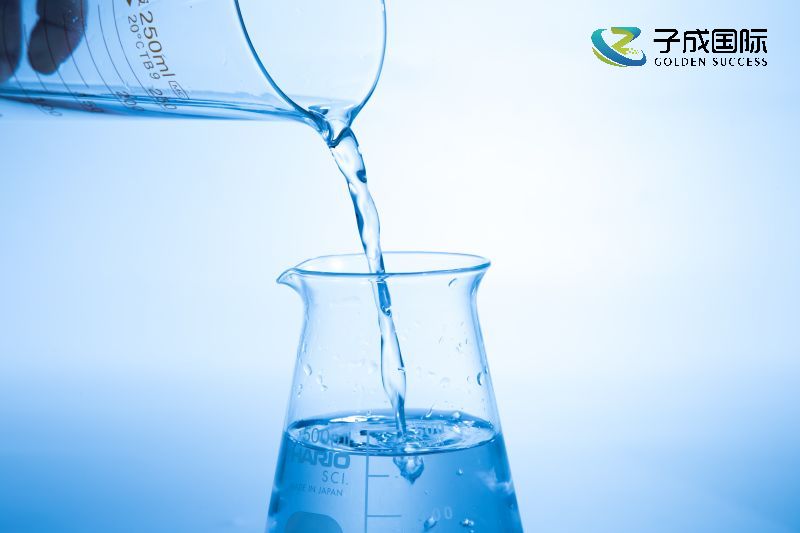The synergistic effect of wetting agents and dispersants can significantly improve the performance of products such as coatings and inks. In the future, wetting agents will pay more attention to the research of compounding with dispersants, and achieve dual efficiency enhancement of wetting and dispersion through optimizing the ratio and process.

To meet the needs of specific fields, wetting agents will develop towards functionalization. The addition of anti-static and antibacterial functions will broaden the application range of wetting agents, especially in the fields of electronics, healthcare, etc., with broad market prospects.
Special surface modification is a new field of application for wetting agents. By adjusting the molecular structure and surface properties of the wetting agent, precise control of the material surface can be achieved, improving the material's wettability, wear resistance, corrosion resistance, and other properties.
Intelligent responsive wetting agents can automatically adjust their wetting performance according to changes in the external environment, such as temperature, pH value, light, etc. This new type of wetting agent has potential application value in fields such as smart materials and sensors.
The application of wetting agents is no longer limited to traditional fields, and cross industry integration has become a new trend. For example, in the textile industry, wetting agents can be used to improve the wetting and dyeing properties of fibers; In the agricultural field, wetting agents can be used to improve the utilization efficiency of pesticides and fertilizers.
With the advancement of technology and the diversified development of the market, the demand for wetting agents in the future will pay more attention to multifunctionality. Enterprises need to keep up with changes in market demand and continuously develop wetting agent products with multiple functional characteristics to meet the needs of different fields.

 English
English
 Chinese
Chinese Vietnamese
Vietnamese
 HOME
HOME
 PRODUCT
PRODUCT
 NEWS
NEWS
 CONTACT
CONTACT


